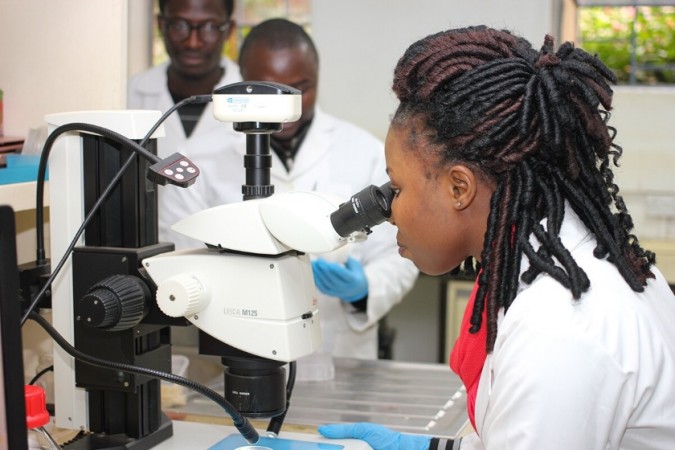
The International Centre of Insect Physiology and Ecology (ICIPE) has secured a substantial funding boost of US$950,000 from the esteemed Carnegie Corporation of New York. This investment is aimed at fortifying doctoral and postdoctoral research endeavours across Africa for the next two years.
The financial infusion will be channelled through the Regional Scholarship and Innovation Fund (Rsif) Junior Investigator Research Award. This initiative, at the forefront of nurturing research excellence, is designed to empower a select cohort of up to five RSIF PhD graduates currently holding positions within African institutions. The award aims to equip these researchers with critical research and managerial skills, coupled with opportunities to foster regional and international networks, thereby catalyzing their growth into independent researchers.
Launched in 2015, Rsif stands as the flagship program of the Partnership for Skills in Applied Sciences, Engineering, and Technology (PASET), which was established in 2013 through collaboration between African governments and partners. The program's core mission is to furnish doctoral scholarships and competitive research and innovation grants, with a notable emphasis on bolstering female scholars, who constitute a minimum of 40 per cent of the beneficiaries.
Over the years, Rsif has metamorphosed into one of the continent's most expansive academic and research networks. It has played a pivotal role in nurturing talents and leaders in applied sciences, engineering, and technology across Africa. With a distinctive approach that amalgamates intra-Africa doctoral exchange and international training, Rsif propels research focused on the continent's challenges, concurrently augmenting scientific prowess and forging robust international collaborations and industry affiliations.
The ripple effect of Rsif's success is manifest in amplified investments from various African governments, including Benin, Burkina Faso, Côte d'Ivoire, Ghana, Kenya, Mozambique, Nigeria, Rwanda, and Senegal. Furthermore, international stakeholders such as the World Bank, the Government of South Korea, and the ACP Innovation Fund of the European Union, facilitated through the Organisation of African, Caribbean, and Pacific States (OACPS), have lent substantial support to the program.
Notably, Rsif's impact transcends academic achievements, harmonizing seamlessly with the African Union (AU) Science, Technology and Innovation Strategy (STISA) 2024, the Continental Strategy for Education in Africa (CESA), and the United Nations Sustainable Development Goals (SDGs) 2030. This integration positions Rsif as a potent catalyst driving national development agendas.
Since its inception in 2018, Rsif has extended approximately 300 PhD scholarships to budding African scholars, with nearly 37 per cent of these recipients being women. This collective body of scholars has contributed significantly, generating 142 peer-reviewed journal articles, underscoring the program's steadfast commitment to research excellence and innovation.
In parallel with supporting individual scholars, Rsif champions faculty at African Host Universities (AHUs) through grants aligned with national and regional development priorities. This approach serves as a linchpin in promoting research commercialization and entrepreneurship across Africa.
Bolstered by fresh funding from the Carnegie Corporation of New York, Rsif is poised to extend its footprint even further. This infusion ensures the program's continued nurturing of Africa's scientific talent, fostering a promising trajectory for applied sciences, engineering, and technology on the continent.
Article by Jed Mwangi
Photo/Google

Comment